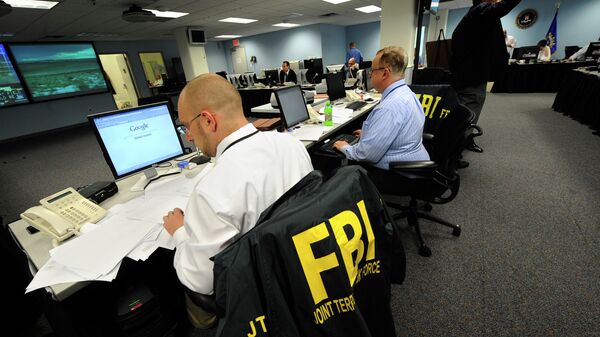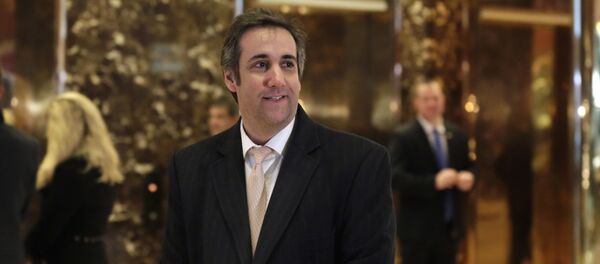On Monday, the FBI raided Cohen’s office — and home — based on a tip provided by Special Counsel Robert Mueller, who is investigating Trump, Russia and the 2016 US election. According to media reports, the FBI seized records related to a payment supposedly made to silence film actress Stephanie Clifford about her relationship with Trump.
Critics of the raid have said in practice judges often give the FBI considerable latitude, relying on the "taint teams" — government agents who themselves may not be entitled to review or read the seized items — to protect the rights of the searched individuals.
In Cohen’s case, critics said the search relates to payments made to pornography star Stormy Daniels that would not seem to justify so potentially intrusive a search of the attorney’s confidential lawyer-client files.
"Such searches are very rare because the rule of confidentiality between a lawyer and his client is protected at the highest level and can be broken only in very serious cases," National Capital Legal Services bureau attorney-at-law Elizabeth Krukova said.
Krukova suggested that in this particular case, the FBI tried to find evidence of illegal activity done by Cohen.
"If so, confidentiality rules do not apply," she said.
"It is clear Cohen is under criminal investigation — for what exactly, it's hard to say, because the court documents are sealed," he said.
Marks also characterized Trump's comments as bizarre but noted that the US president's words do not constitute obstruction of justice.
To obtain a search warrant, prosecutors in the United States must demonstrate to a judge that they have probable cause to believe the attorney’s premises contain evidence of crime; specify the area to be searched and the items to be seized; and the word searches to be used in probing computer content.


